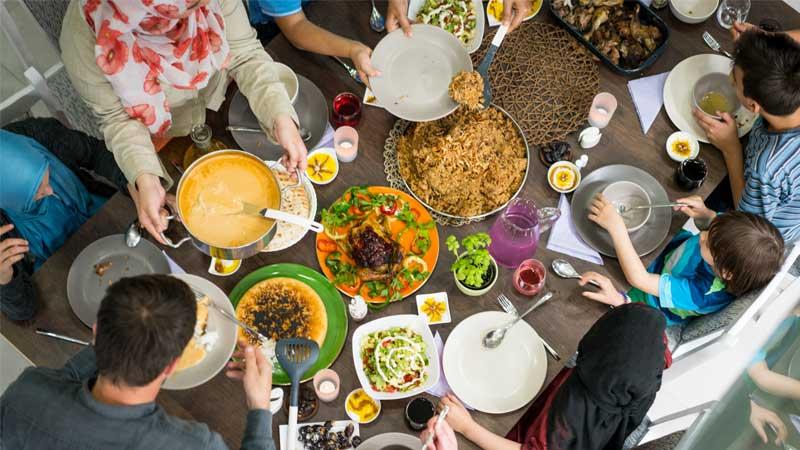Ayaz Safi, Lecturer in the School of Life Sciences, wrote an article for The Conversation giving four tips to help people eat right and stay healthy during Ramadan.

In the article, Ayaz Safi wrote about how fasting days can be tough, and may be even harder this year due to the pandemic. But Safi discussed some of the things that people can do to look after their mental and physical health during Ramadan.
Talking about good nutrition, Safi wrote: “During Iftar drink plenty of water, and eat a good balance of starchy carbohydrates, vegetables, proteins and dairy, for natural fats. Having these nutrients in your meals helps keep you hydrated and full for a longer time, and can even boost your immune system, which is especially important this year.”
He also advised people to avoid certain ingredients, and wrote: “When preparing meals for Suhur, it’s important to ensure you avoid too much salt as this will dehydrate you and make you thirsty during the day. Caffeine should also be avoided. This is because caffeinated drinks have a diuretic effect, increasing the body’s production of urine – which could also lead to dehydration.”
He added: “It’s also important to avoid processed foods and foods and drinks with added sugars. These have a relatively low nutrient density, won’t keep you full as long, and are also linked with increased risk of disease. Moreover, overeating these types of foods can damage the heart and kidneys, slow the immune system, and may cause weight gain.”
Read the full story on The Conversation’s website.


